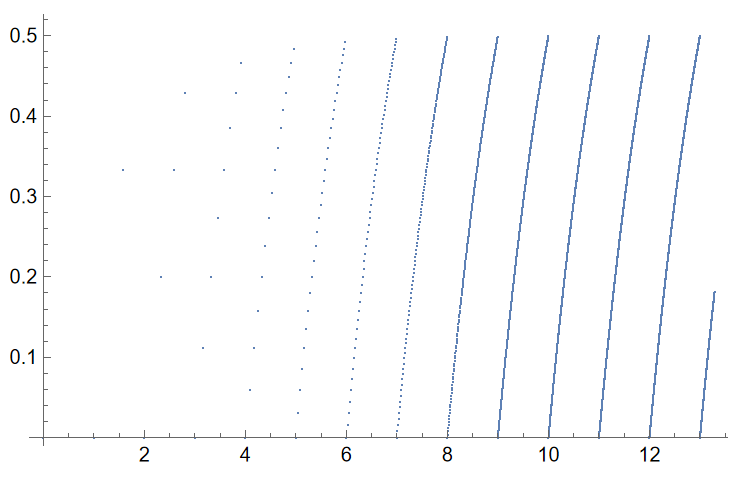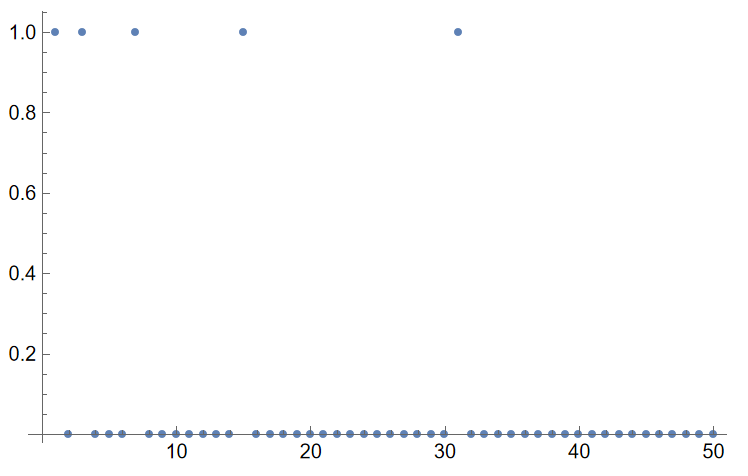Let $\{u_n\}_{n\in\mathbb{N}}$ be a sequence of nonnegative real numbers (i.e., $u_n\geq 0$ for all $n\in\mathbb{N}$). Assume furthermore that, for some positive constant $C$, the following holds:
$$u_{n+1}\leq \left(1-\frac{1}{n+1}\right)u_n + \frac{C}{n+1}$$
Can anything be said about the convergence of the sequence $\{u_{n}\}_{n\in\mathbb{N}}$? When the final term $\frac{C}{n+1}$ is replaced by a term that is summable, e.g., $\frac{C}{(n+1)^p}$ for $p>1$, there is an old lemma due to K.L. Chung which ensures that the sequence $u_n\to 0$. If we instead relax this lemma to $p=1$, I was wondering if maybe there are results/references saying that $u_n\to u\geq 0$, perhaps with some dependnce on the constant $C$? A counterexample would also be appreciated.


